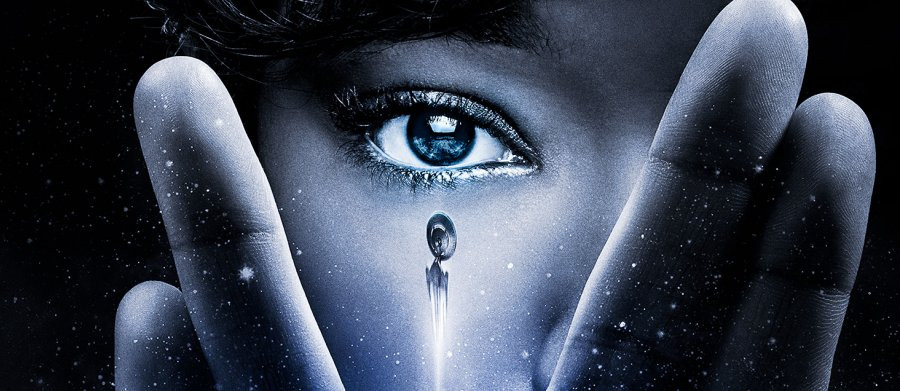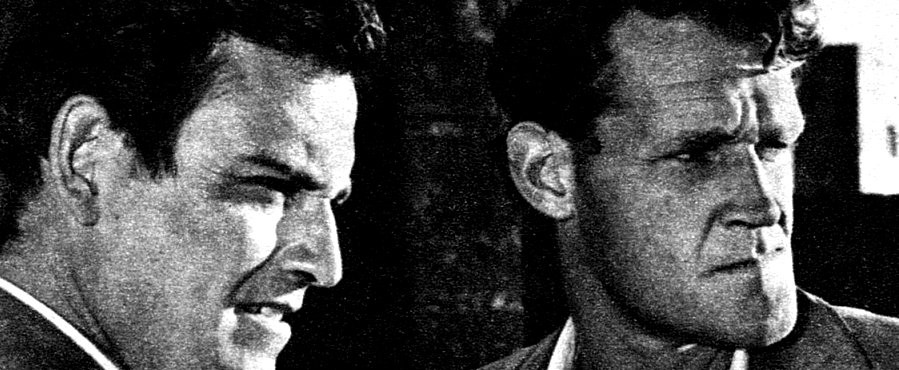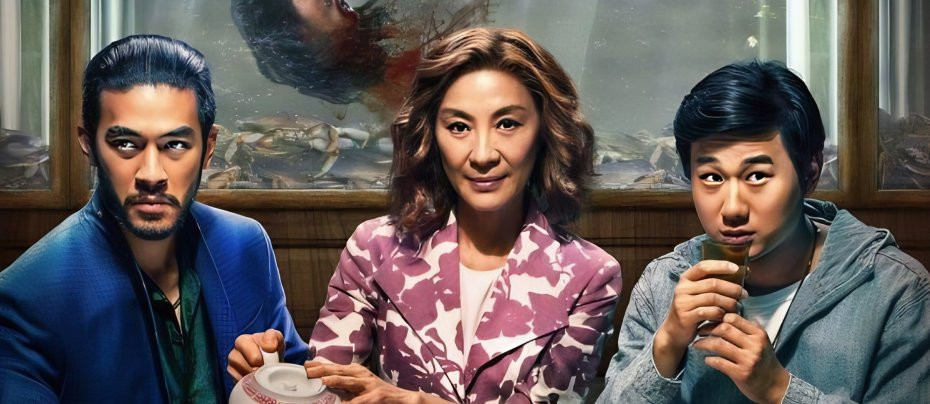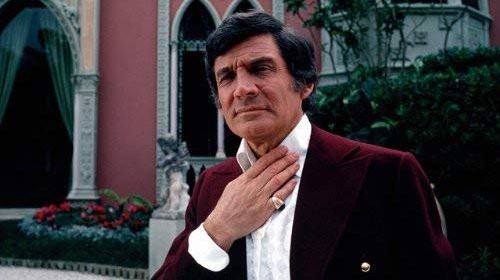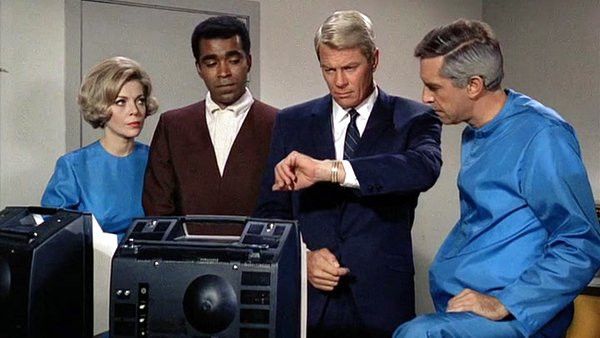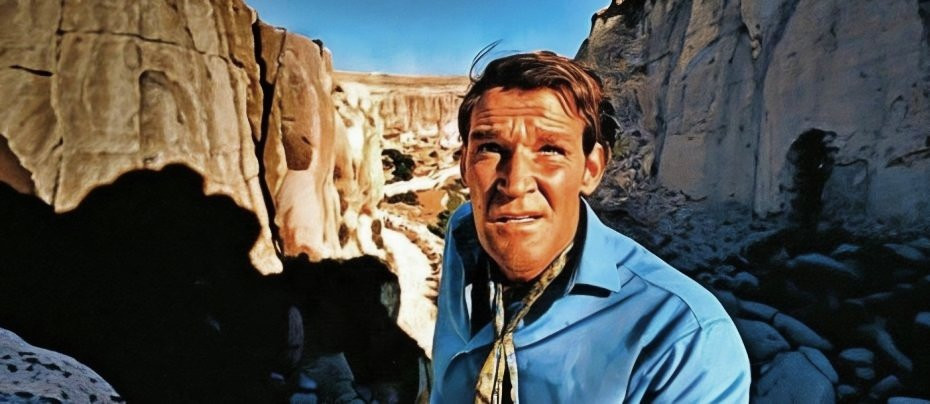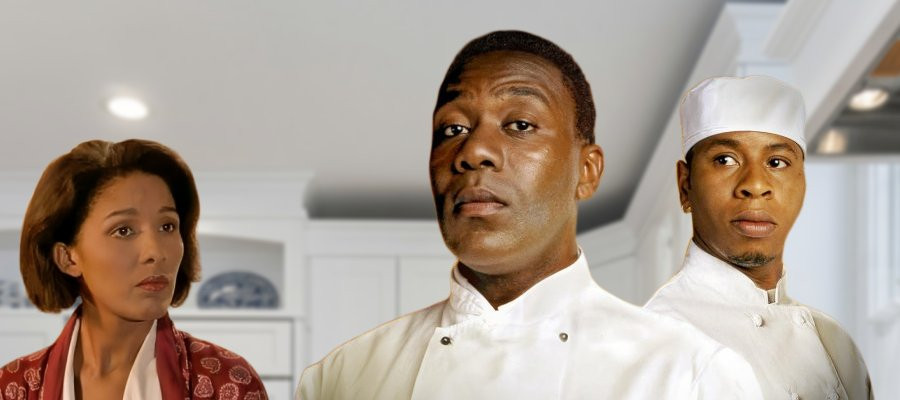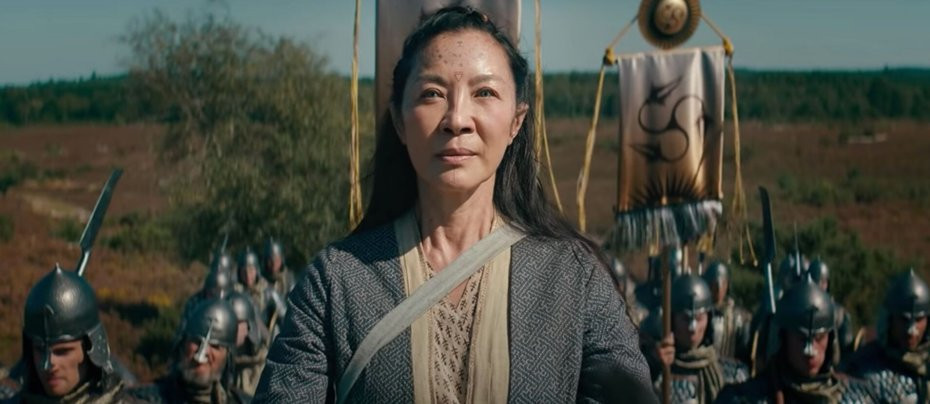
The Witcher: Blood Origin
A lot of talented people put real effort into The Witcher: Blood Origin, which only makes it more of a pity that no one took as much trouble with the script
Review by John Winterson Richards
It might surprise some that there should be any place for one of the most widely reviled shows of 2022 on a website called 'Television Heaven.' Yet is at least permissible to suggest that if one sits down to assess The Witcher: Blood Origin calmly and objectively, there might be at least a case for arguing that - perhaps - it may not necessarily have been - entirely - quite that bad?
Perhaps more controversially, is it possible that the greatest of its undeniable flaws is that there was not enough of it?
Being absolutely honest, this is written in a state of shock after finally, and somewhat reluctantly, getting around to watching it only to find it really was much better than the internet led me to expect. The internet is fallible - who would have thought such a thing? I may also be influenced by my natural distaste for lynch mobs and my instinct to defend the victim whenever I see one.
If critics of the show are equally honest, they have to admit that much of the hostile reaction from fans is probably due more to the unhappy timing of its release than to the merits and imperfections of the show itself.
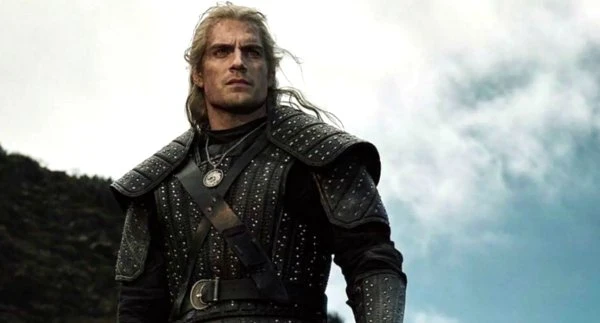
To put it in context, Netflix bought the rights to The Witcher franchise in the hope that it would be the natural successor to Game of Thrones, but in a good way. The response to its first season was mixed, but most, including this reviewer, were prepared to give it the benefit of the doubt mainly on the strength of a committed performance by Henry Cavill in the leading role. The second season had less emphasis on Cavill's character and it was felt by many among its own fans that the show was not living up to its potential. In spite of this, Netflix were determined to do a Disney by maximising the exploitation of the intellectual property rights they had acquired. "Spin offs" were ordered, including The Witcher: Blood Origin, which had little to do with the original franchise.
Longstanding fans of the franchise were already unhappy with the flagship show's lack of fidelity to its source material. Rumour has it that Cavill himself was among them. Then a former writer on the show revealed that some of his former colleagues were openly contemptuous of that source material, confirming the fans' suspicions. Fan discontent turned to anger when it was announced that Cavill was leaving the show and persistent internet gossip has it that differences with the producers were a factor. A failed attempt to smear the popular actor rebounded on to the producers - who may have had nothing to do with it: no matter, anything with their names on by that point was going to have to face a bitterly hostile fandom.
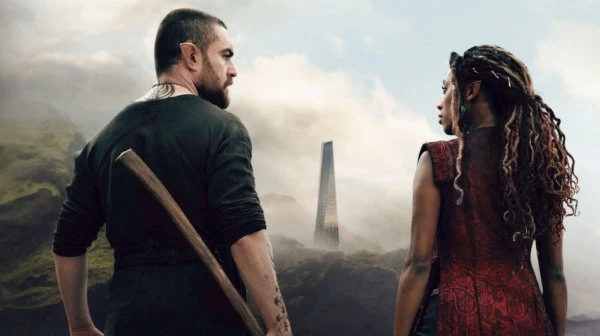
It has to be said that the opening minutes of The Witcher: Blood Origin did nothing to win the fans over through sheer excellence alone as House of the Dragon did. It begins with a very clumsy and unnecessary framing device involving Jaskier the Bard (Joey Batey) from the original series, which continues throughout in the form of a very irritating voice over narration by an undefined character played by Minnie Driver. While such narration can sometimes be effective, it is more often than not, as in this case, trying to cover a failure to follow one of the most fundamental laws of scriptwriting, "show, don't tell."
When we finally get to the main story, we are thrown right into it, and thereafter it jumps about a lot, relying on Minnie to link everything through exposition. It is uneven and amateurish.
The plot itself is full of holes. Three warring Monarchs are assassinated just as they want to make peace because their armies want to continue their "Thousand Year War": this seems unlikely, but at least it is a plot - which is then ignored as, without explanation, all three Kingdoms are promptly united into a single Empire. How? Why? Do the writers care?
Incredible coincidences abound. Two famous warriors from feuding clans find themselves on the same out of the way island on the same momentous day - and both are visited by kinsmen that day with exactly the same message from their respective parents.
Yet if the viewer can get through this very badly structured beginning, the script does begin to get better. At least there are some well constructed scenes, some witty dialogue, and some characterisation with hints of depth. There are amusing moments when a character asks for credit at a brothel and is offered the cat, and when our heroes rob an empty bank. There is poignancy when the heroes are all together for the first and only time, and enjoy a night of brittle good fellowship, knowing at least one, possibly all of them, will die the next day.
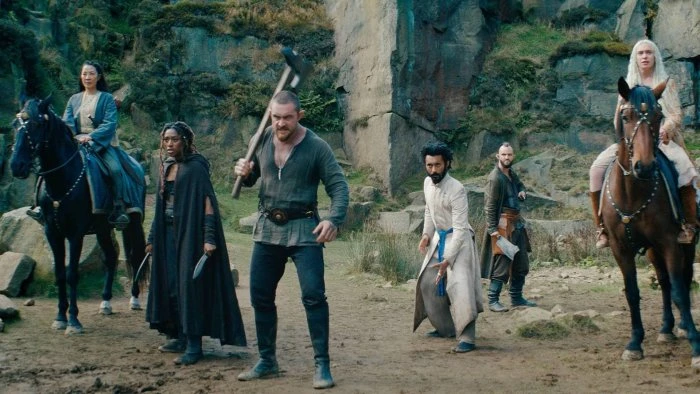
The spine of the story is a familiar one, and no worse for that: a band of disparate heroes - the traditional seven as it happens - gather for an apparently suicidal mission. All have elaborate backstories, possibly too elaborate for the time allotted, as is often the case in the "Sword and Sorcery" genre, but at least that makes the valid point that every adventure is just one episode in a life that leads up to it - perhaps the last of many.

Most of the characters are interesting and likeable, and most of the cast is worthy of them. The big name is Michelle Yeoh. She will probably not have been pleased that this commercial failure came out between her filming Everything Everywhere All At Once and her picking up an Oscar for it, but such is nature of a working actor's life. Yeoh has been in her share of duff projects before - I say this as a thirty year fan (ever since she stole Police Story 3: Supercop from Jackie Chan) - but she has added a touch of class to every single one of them and does the same here.
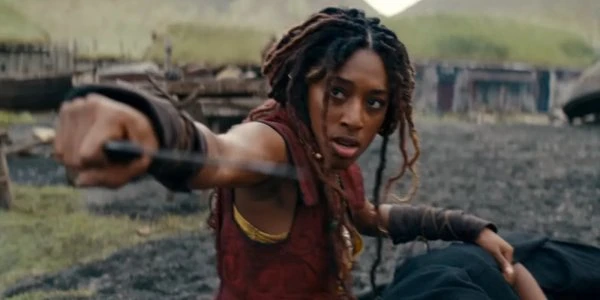
Regrettable as it is to have to mention the topic, it may be that the casting of Sophia Brown in the actual leading role was an issue with some fans when it should not have been. While hardly anyone really objects to diverse casting, there is increasingly a reaction when it is perceived, rightly or wrongly, as a deliberate political gesture: people do not like being lectured even when they agree with what is being said. This is not fan racism so much as weariness with race baiting and the commercial exploitation of racism. In this, as well as in other respects, it may be that the public reception of The Witcher: Blood Origin suffered as a result of it following so closely on the even more controversial The Lord of the Rings: the Rings of Power, which made a big show of trying to exploit 2022 race politics. One can only hope that this was a passing phase. Yet Brown is very well cast, proving she has the presence, the skill, and the self confidence to handle such an important part. One hopes she will go on to better things.
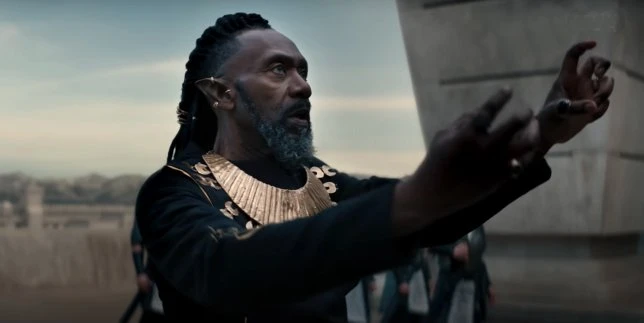
The shadow of The Rings of Power also hangs over the casting of Sir Lenny Henry, since he appears in that project too. Indeed, it is almost as if poor Sir Lenny's presence was the Kiss of Death for any fantasy show in 2022 - which is totally unfair, since his performances in both, in very different parts, were among their better elements. He made the commendable decision to stretch himself as an actor and as an actor he was successful. He gives his frustrated Chief Sage a genuine humanity which he unwisely trades for power.
Laurence O'Fuarain is effective as the now traditional amiable Irish brute - as seen in the works of Bernard Cornwell (and televised in Sharpe and The Last Kingdom) - while Huw Novelli, as his Welsh equivalent, hints at greater depths, which are, sadly, never really explored. Francesca Mills is a delight as a small maniac who talks to her warhammer but whose brisk cheerfulness hides a tragic tale. Dylan Moran turns up late with very little explanation as a random mercenary who then sets out systematically to steal every scene in which he appears: as such he is entertaining but the character would have been more effective if better paced - something that could be said of the whole project.
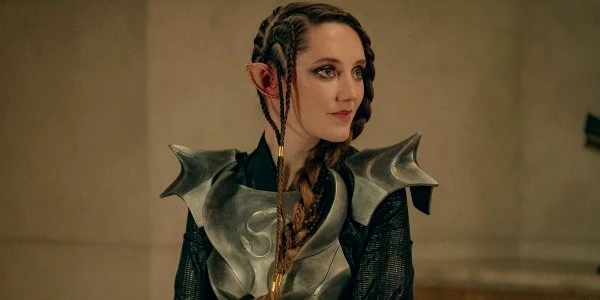
The supposed villain, played by Mirren Mack, is in many ways the most sympathetic character. The script lacks all political sophistication: we are supposed to support the usual revolting peasants against Mack's privileged Empress. Yet Empress Mirren is the one trying to establish peace and unity, which would surely be to the benefit of the peasants, and she is the only one with a viable plan to solve the food shortage which is not of her making. The success of the peasants revolt therefore comes across as unjustified as it is unlikely (historically they usually stood little chance against trained professional soldiers).
The computer generated imagery is very obviously computer generated imagery, but we are used to that now and that does not mean that it lacks artistry. Much of it is quite impressive and the location work shows a good eye for landscape. The production design is clever, and the costume and make up departments deserve credit for some outstanding work, especially on Mack. The fight scenes are generally of a high standard, especially when Yeoh is involved. The folk songs, which play an important part in the story, are composed with some skill, even if allowance must be made for the deliberate in joke that Jaskier is not a very good poet.
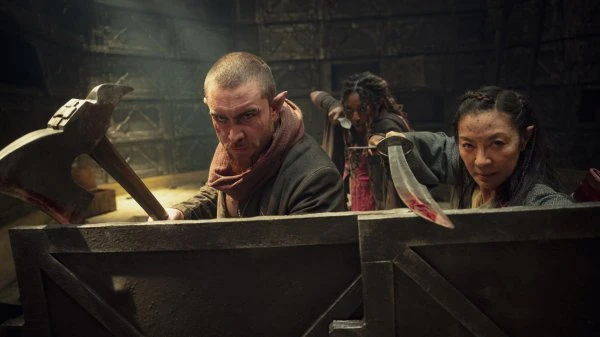
A lot of talented people put real effort into The Witcher: Blood Origin, which only makes it more of a pity that no one took as much trouble with the script - a frequent complaint these days. Yet even in the writing, there was at least the germ of a good idea, or perhaps several good ideas. The cast could have made most of these characters a lot more compelling given a couple more episodes to develop them and the relationships between them. Then their quest might have had some emotional impact. As it was, the storytelling comes across as perfunctory and the characters as stereotypes. It resembles nothing so much as a minor 1980s S&S film - but, since such films were not without a certain charm, at least when one had precisely the right amount of alcohol on board, this is not necessarily an insult. Any other time, The Witcher: Blood Origin might have developed a sort of kitsch "cult" status, but 2022 was definitely not that time.
Published on March 23rd, 2023. Written by John Winterson Richards for Television Heaven.


